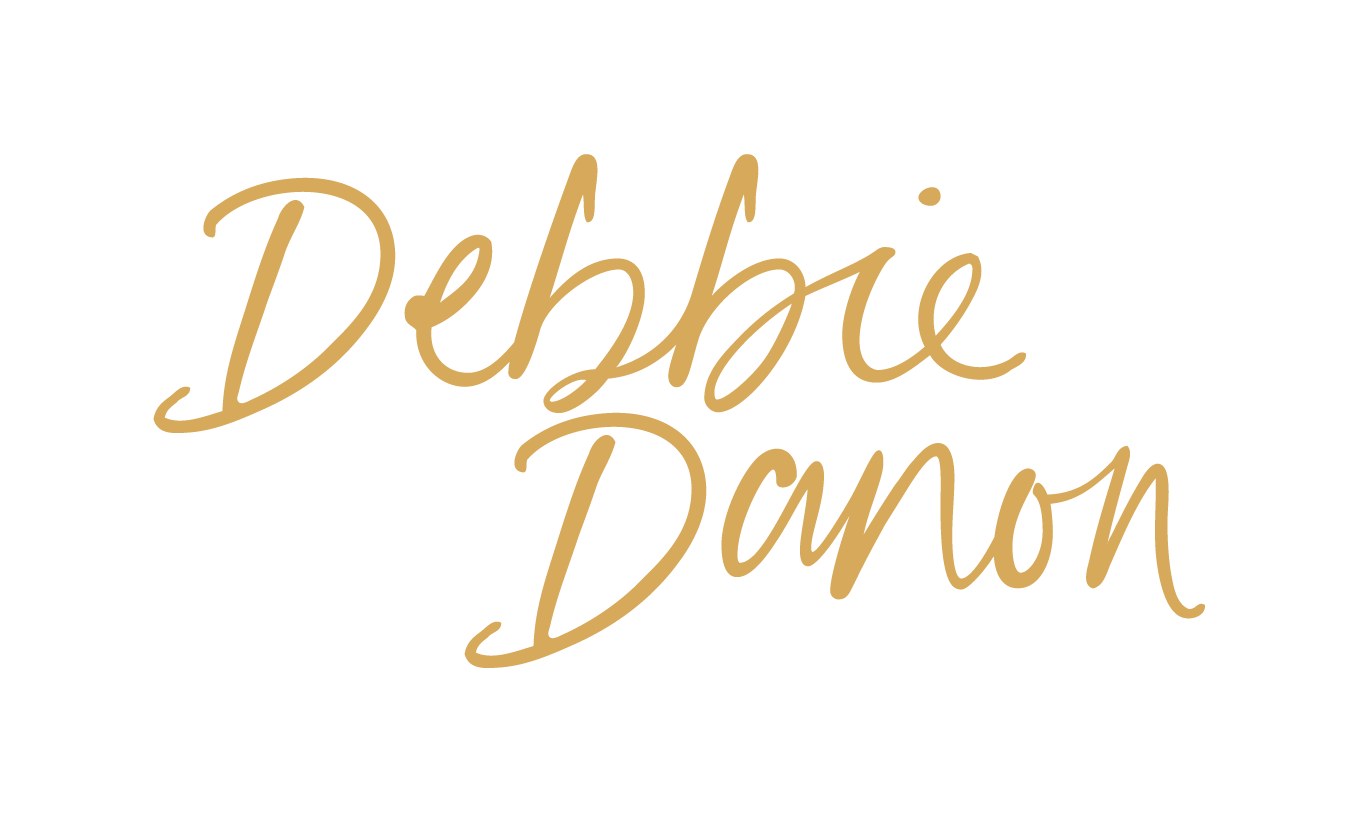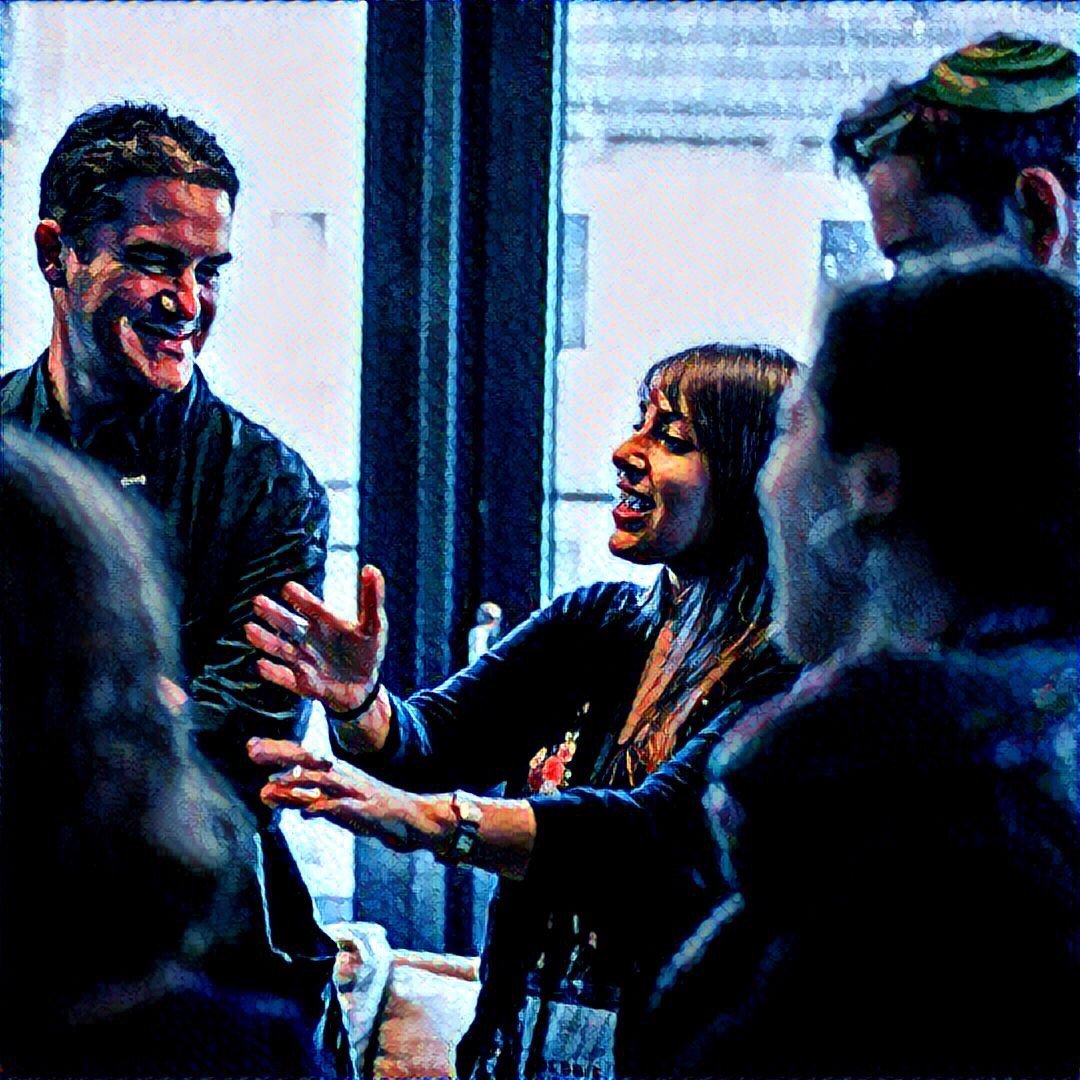An expert facilitator’s tip to make your meetings more impactful AND enjoyable
Now more than ever, leaders are asking, ‘How can we make meetings ‘worth it’?’
Try this simple practice to help you design more impactful gatherings that your people will actually thank you for.
It works for meetings, learning programmes… and even weddings!
A common theme in my conversations with leaders at the moment is how to bring people together in ways that feel worthwhile and impactful.
The wise among them have clocked that operational meetings and stand-ups are far from enough to sustain people’s collaboration, motivation and alignment. Slack and Teams will only get you so far, and without relational capital being continuously built, misunderstandings and miscommunications can run riot.
Having been facilitating professionally for almost 20 years, I have a few practices that help me design and facilitate with the outcome in mind. So whether a meeting is online or in-person; for two people or twenty; social, strategic, creative or operational; you can always shape the experience to ensure the right conversations are pointing towards to the right destinations.
The thing to do is to define your Design Principles.
Here are two examples for you - a wedding of dear friends, and the launch of women’s liberation coaching collective, COVN.
My First Wedding
Last week I did something I’d never done before. I officiated a wedding!
I was honoured to be asked by two dear friends to officiate their ‘Jew-ish’ wedding ceremony, combining Jewish tradition with humanist and environmentalist themes.
I may not have officiated a wedding before - cue a few Inner Critic moments - but a great way to settle the Inner Critic is to start with what you DO know. So I started designing the ceremony as I do any facilitated experience I lead: by naming my Design Principles.
Here’s how I do it. Why not try it yourself?
I start by closing my eyes and envisioning what I want the impact of this experience to be. What positive outcomes can I see unfolding? What unwanted outcomes are NOT happening because of my plans?
Then I open my eyes and scribble down as many descriptive words that come to mind, before narrowing them down to 5-6 Design Principles.
If the organisation I’m designing for has defined core values I look over these too, to ensure that the gathering is embodying and/or aspiring to those values.
I then add at least one ‘so that’ to each Design Principle - so that I’m linking the principle with the desired outcome.
For Yon and Sarah’s wedding, my Design Principles were:
· Honouring & witnessing - so that the bride and groom could feel seen, understood and loved by all
· Inviting people in – so that the bride and groom, family, friends offering blessings, wider congregation feel like participants, not spectators
· Spacious & slow - so that declarations and blessings can land, and each ritual has integrity
· Solemn, but not serious - so that people feel the humanity of this moment
· Joyful! - so that everyone leaves energised, enriched and uplifted from the experience
I used these as my ‘north star’ for designing the ritual, helping me make choices about what to include, prioritise or cut. (Take that, Inner Critic!)
In the last moments before I met the families and walked down the aisle to begin, rather than the words of my address, it was the design principles that I revisited. Reverberating with clarity and intention inside my chest, steadying my heartbeat that quickened with nerves.
Even if I messed up a word here or there, or forgot to say something, as long as I was embodying these things, we’d be okay.
How might you use Design Principles to guide you to clearer, more powerful outcomes - in the spaces you hold and in the problems you solve?
Design Principles for COVN
Our wonderful COVN Faculty on our recent relationship-building call
A week later, I found myself writing the Design Principles for COVN’s inaugural live workshop in London, on Wednesday 7th July 2022:
“The Summoning: How to bring about more of what we desire and deserve, in work + life”
Together with COVN Founder Ghaz Samandari, here’s what we put down:
· Warm, informal & inviting - so that participants feel relaxed / at home enough to participate freely
· Opportunities for connection & witnessing - so that participants experience feeling seen and heard, perhaps even coming away with new relationships
· Facilitating practical insights & breakthroughs - so that everyone leaves with a tangible contribution to their development, something COVN is committed to
· Showcasing our brilliant faculty - so that participants get to know us and feel connected to us, and start to consider learning with us in the community
· Surprise & Newness! - so that participants have a visceral experience of how unique, transformative and needed COVN’s offerings are
· Leave feeling energised, connected and inspired - so that participants are excited to stay in touch with COVN and talk about it with their friends
With these principles, we made decisions about the programme (timings, room design, conversations, activities). So when we meet next week, participants will:
· Break down why we often DON'T go after more of what we desire and deserve as people experiencing marginalisation (Spoiler alert: it's not just you, and there is a way through.)
· Explore four key skills that can help us summon our naturally-occurring power
· Come away with fresh insights and practices that you can put into action straight away
· Connect with other brilliant women, including our Faculty, Eleshia Harris, Vanessa Faloye, Ghaz Samandari and me ;)
So now you’re getting the idea. Here are some questions for you…





